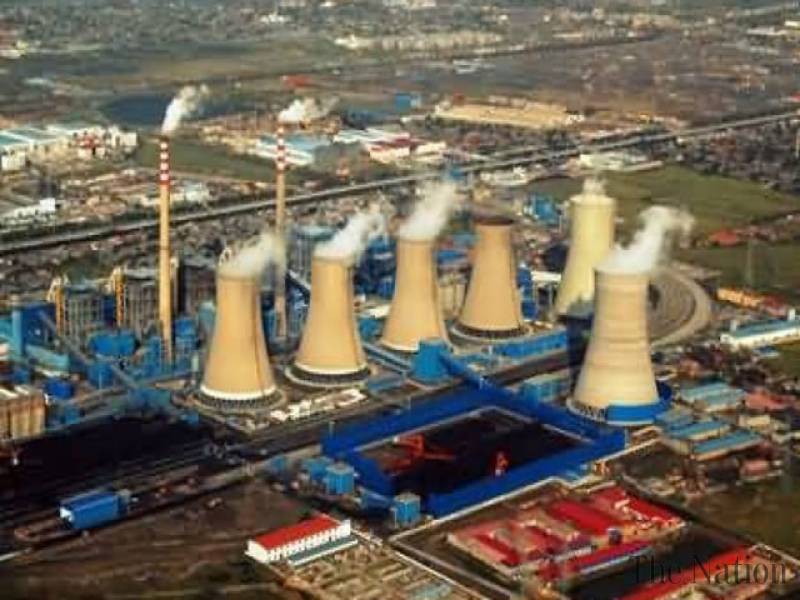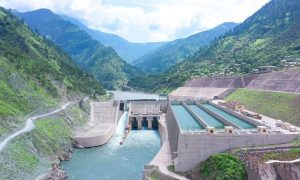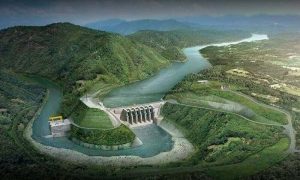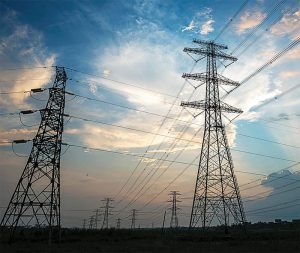To reduce power generation costs and address a foreign-exchange crisis,
Pakistan’s government intends to quadruple its domestic coal-fired capacity and
will not construct new gas-fired plants in the near future. This move is motivated
by the high global prices of liquefied natural gas, which have made it unaffordable
for Pakistan due to an economic crisis and Russia’s invasion of Ukraine. The
energy minister, Khurram Dastgir Khan, stated that Pakistan plans to increase its
domestic coal-fired power capacity to 10 GW in the medium-term from the
current 2.31 GW. The shortage of natural gas, which accounts for more than a
third of Pakistan’s power output, has plunged many areas into darkness. Despite a
rise in power demand in 2022, Pakistan’s annual LNG imports fell to their lowest
levels in five years due to European buyers’ preference.
To protect itself from geopolitical shocks and decrease the value of its fuel
imports, Pakistan is looking for ways to generate energy more affordably and
from domestic sources. The government also plans to increase its solar, hydro,
and nuclear power capacity in addition to coal-fired plants, but constructing all
these plants could result in a mismatch between Pakistan’s power demand and
installed power generation capacity.








